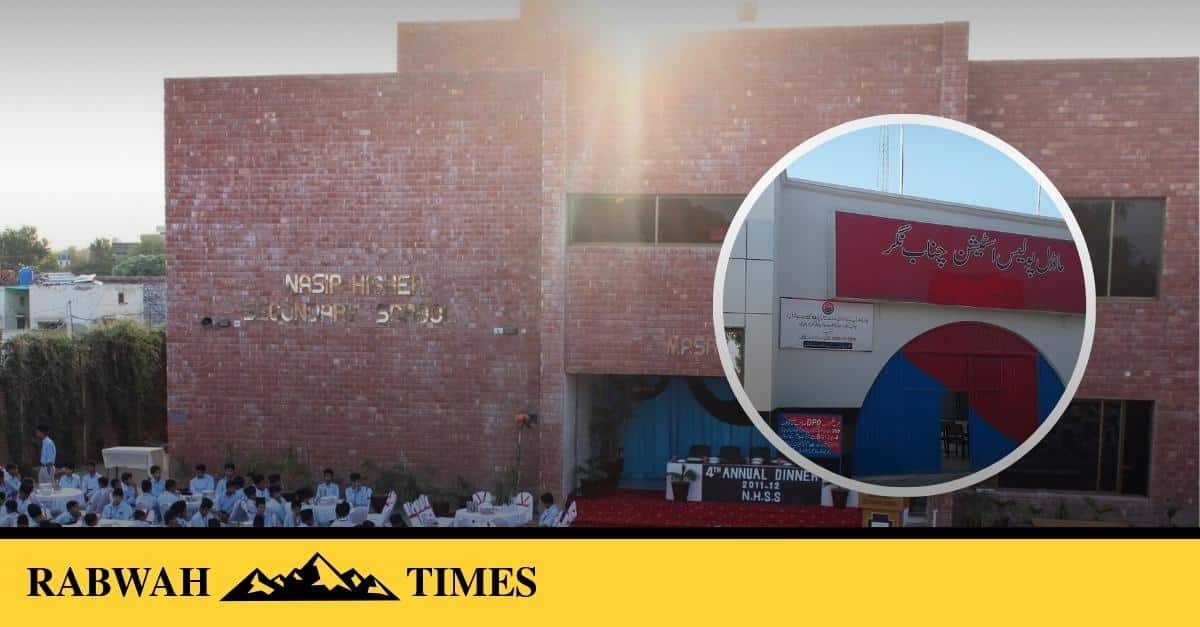Following the recent attack on the central Ahmadiyya mosque, Bait-ul-Mahdi, in Rabwah, previously undisclosed details have emerged about threats made against Ahmadi schools in the area by an alleged member of the Tehreek-e-Taliban Pakistan…

Following the recent attack on the central Ahmadiyya mosque, Bait-ul-Mahdi, in Rabwah, previously undisclosed details have emerged about threats made against Ahmadi schools in the area by an alleged member of the Tehreek-e-Taliban Pakistan…